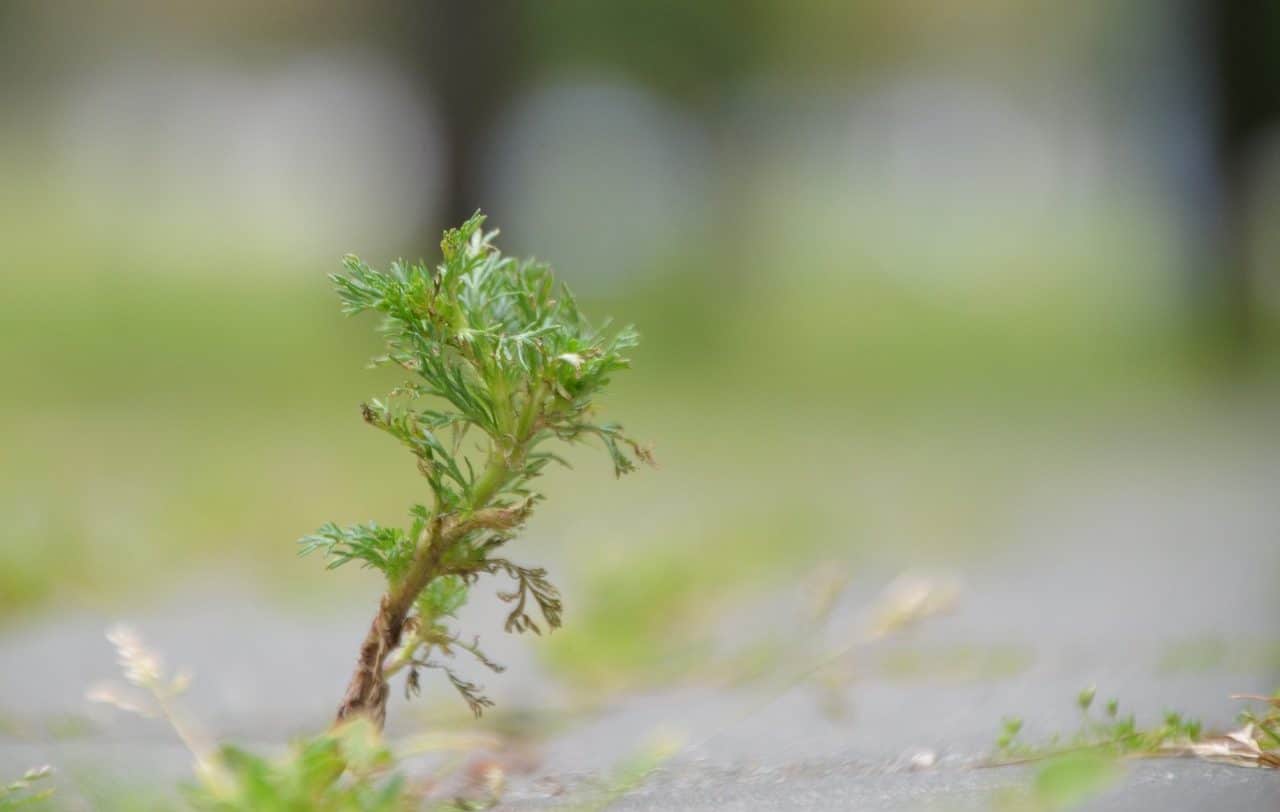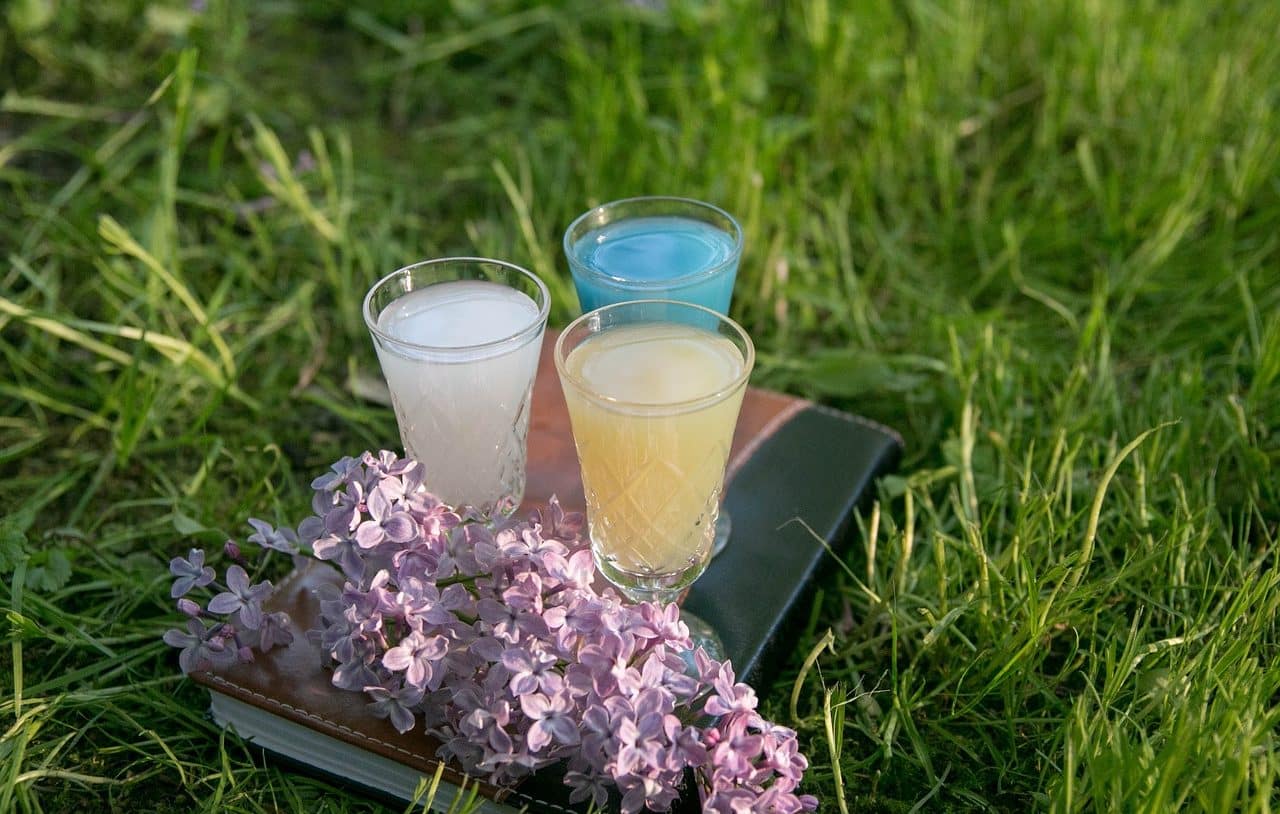
Wormwood is the plant with the scientific name Artemisia absinthium.
Wormwood is a plant whose scientific name is Artemisia absinthium , which is used to make alcoholic beverages and medicines. The word in our language comes from the Latin absinthĭum , in turn derived from a Greek word.
Wormwood belongs to the group of herbaceous and perennial plants. It usually reaches a height of one meter, with greenish leaves, light yellow flowers and a very small fruit.
Characteristics of wormwood
With a very bitter taste , wormwood was traditionally used as medicine since it has various properties that can be beneficial for the body, although it must be administered with caution due to the toxicity of its oil.
Wormwood can help treat a large number of stomach ailments, stimulate liver function, combat skin problems, treat osteoarthritis or rheumatoid arthritis, regularize the menstrual cycle, and even fight depression.
medicinal use
Regarding the medicinal use of wormwood , it should be noted that this plant is very beneficial for our digestive system since it can help improve a fairly wide series of ailments:
- Digestive problems : the bitter principles of wormwood act by stimulating the hormone called gastrin , responsible for generating an important range of actions in the digestive system to promote correct digestion of food.
- Flatulence : since wormwood improves the digestion of food, it also reduces the chances of gas accumulation in the digestive tract that usually occurs when the process is not completed properly.
- Lack of appetite : this disorder is much more common than most people think, and can have serious consequences on the body, such as weakness or malnutrition, and is very common after a stage of convalescence, in anorexic individuals and in some children. Wormwood has the ideal bitter principles for stimulating appetite, since it acts on the hypothalamus and increases stomach movements.
- Improper functioning of the liver : few parts of the body are as important and delicate as the liver, which is why it is essential to take care of it by all possible means. Thanks to its cholagogue and choleretic properties, wormwood is also used to treat some liver diseases .

Absinthe is an alcoholic drink that is made with wormwood.
Consumption and use of wormwood
Regarding the way to administer or consume wormwood, it is very simple, as is also the case with a large number of other medicinal plants. It is generally recommended to buy dried leaves, crush them until they fall apart, and then mix them in water to make an infusion . There are many different procedures, and it can also be combined with other products to adapt its flavor to each person's tastes or enhance its properties.
Wormwood, on the other hand, is also used as an insect repellent since its strong aroma keeps them away from places where we do not want them to gather, in a clean and peaceful way. Moths and mosquitoes, in this framework, can be combated with wormwood.
The absinthe
Absinthe or absinthe is a green alcoholic beverage that is made with Artemisia absinthium as the main ingredient and may include anise, fennel and other components. It is important to note that, due to its characteristics, many countries have banned this drink throughout history .
Depending on the amount of the essential oil called thujone that absinthe includes, the drink can generate hallucinations since it alters the nervous system. This led authorities in several nations to limit the inclusion of thujone to authorize the marketing of wormwood.
Vermouth is another alcoholic drink that contains wormwood. This wine is usually used as an aperitif or to prepare cocktails.
